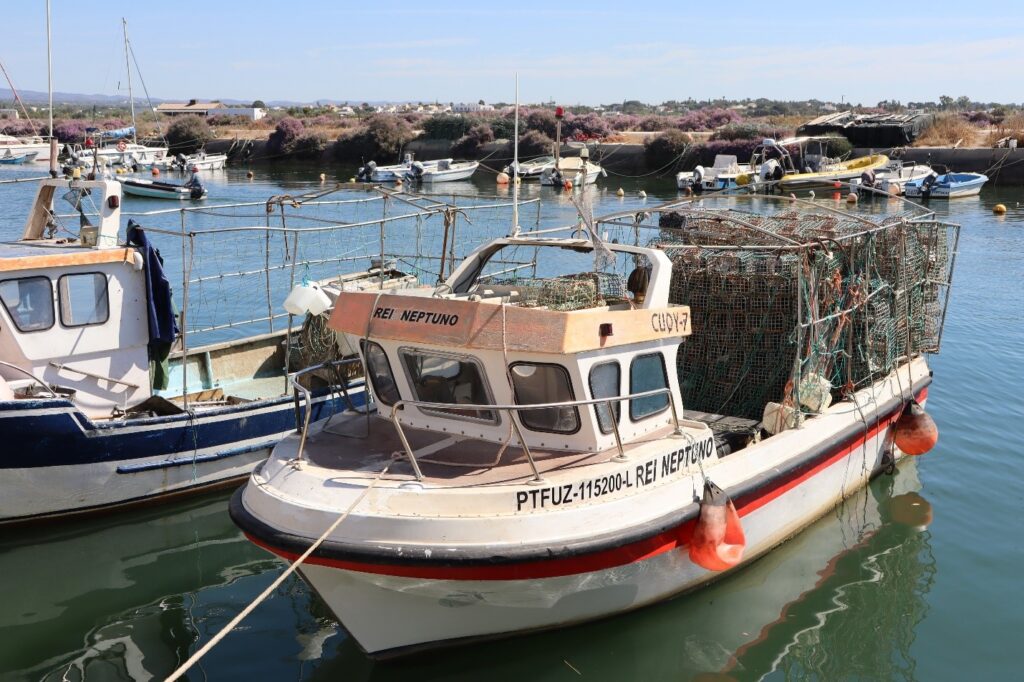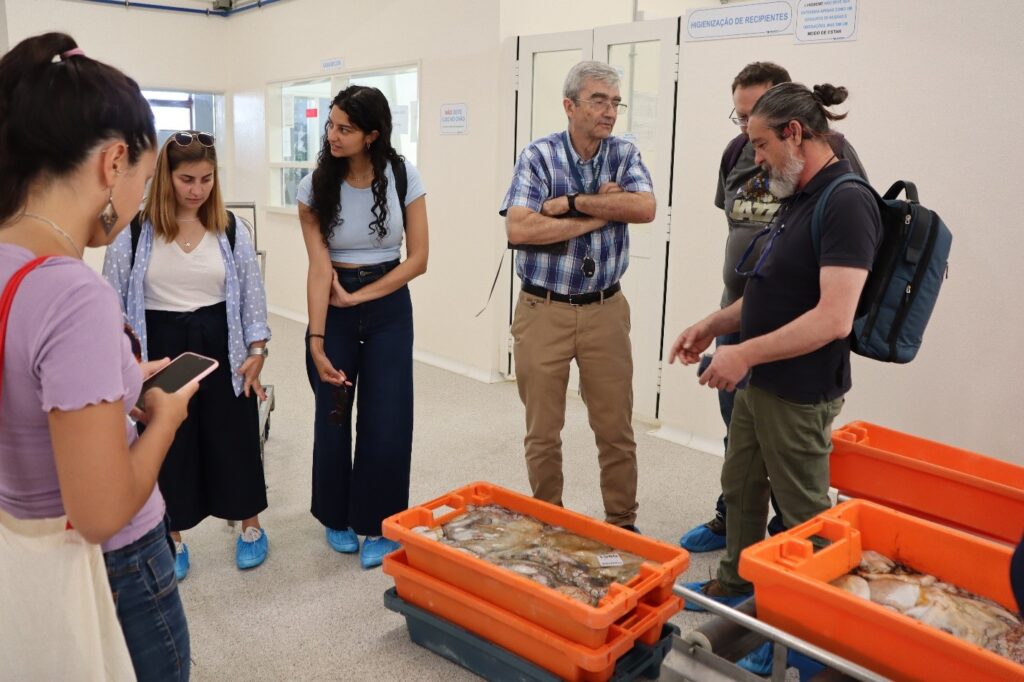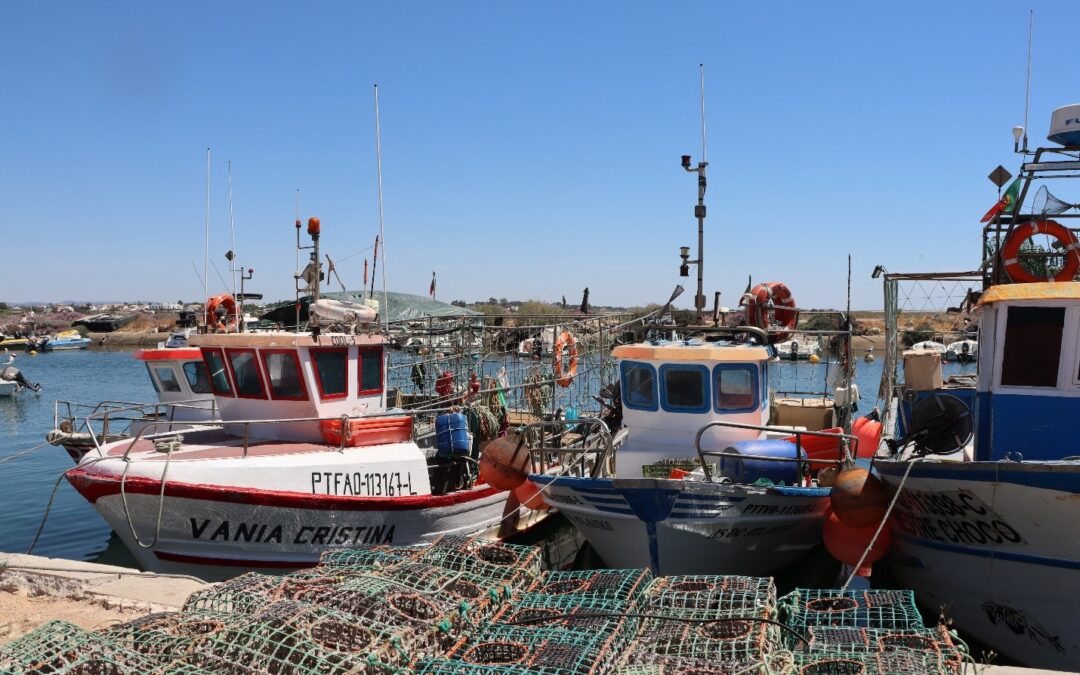By CCMAR team
The octopus’ fishery is one of the most important small-scale fisheries in Portugal, not only regarding first-sale price and landed weight, but also concerning socio-economic impacts. This fishery uses pots and traps to capture common octopus (Octopus vulgaris) and is a particularly relevant activity in the Algarve region where the largest dedicated fleet is settled. Coastal communities, such as Santa Luzia and Fuzeta are heavily dependent on the fishery.
The Portuguese fishery case study is focused on the small-scale octopus’ fishery from Fuzeta. The Fishing Association from Fuzeta (AAPF – Associação de Armadores de Pesca da Fuzeta) represents around 50 boats that are licensed to fish with pots and/or traps, making it one of the most important ports in the Algarve for this fishery. In Portugal, all fished specimens must be landed at official landing sites called lotas where they are sold at the mandatory first-sale auction managed by Docapesca – a state-owned company under the Ministry of Agriculture, Sea, Environment and Physical Planning. In the case of Fuzeta, the Fishing Association is acting on behalf of Docapesca and managing the first-sale auction, making it an interesting and important case study to apply the SEA2SEE blockchain solution.
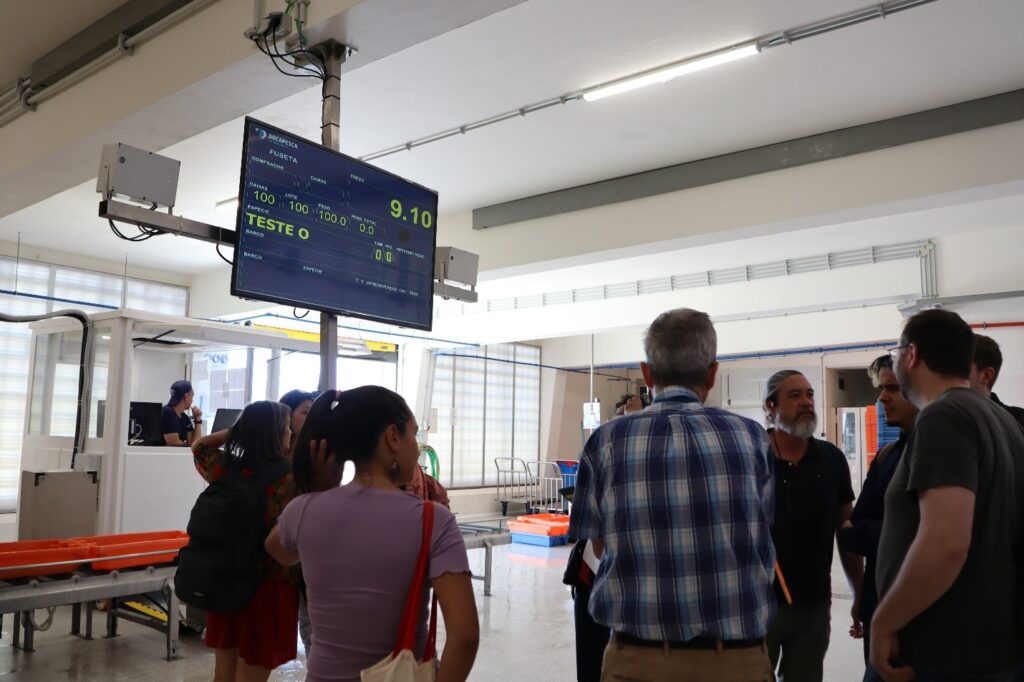
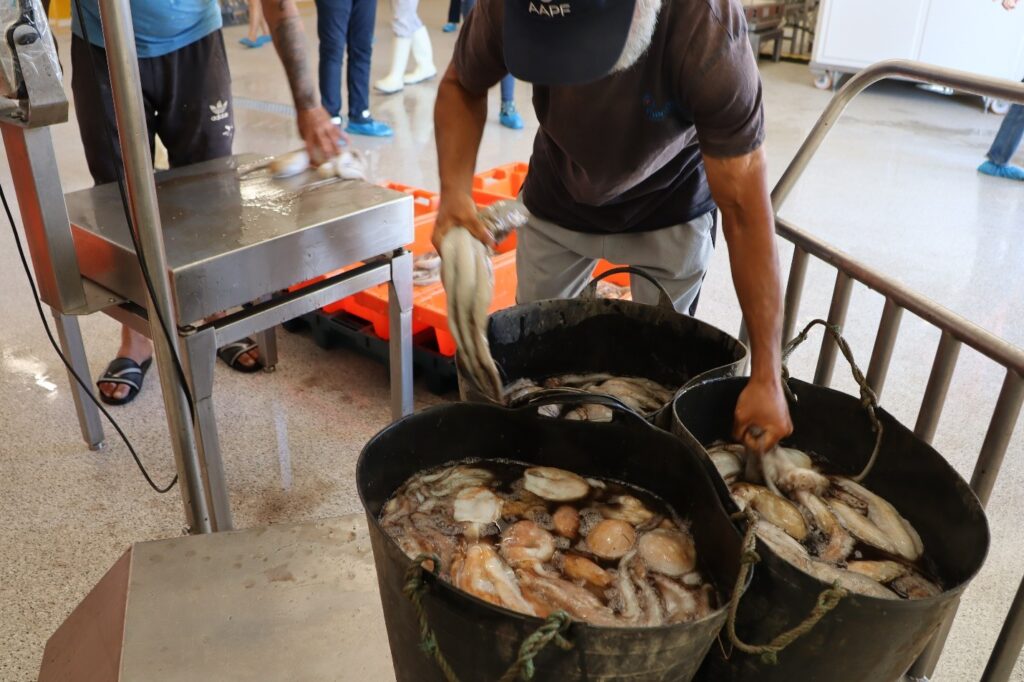
In this case study, we aim at mapping, identifying, characterizing, and tracking the octopus value chain from Fuzeta, involving various stakeholders such as fishers, first-sale auction representatives, buyers, processing companies, supermarkets, restaurants, among others, in the collection of data and implementation of the SEA2SEE blockchain-based solution. This will provide consumers with information regarding the source of the octopus, the method of capture and the sustainability of the fishery. It will further benefit fishers and both local and regional tourism by adding value to the sustainably fished octopus. Lastly, this work will also contribute to reducing illegal sales and improving data quality for stock assessment and management of the octopus’ fishery in the Algarve.
